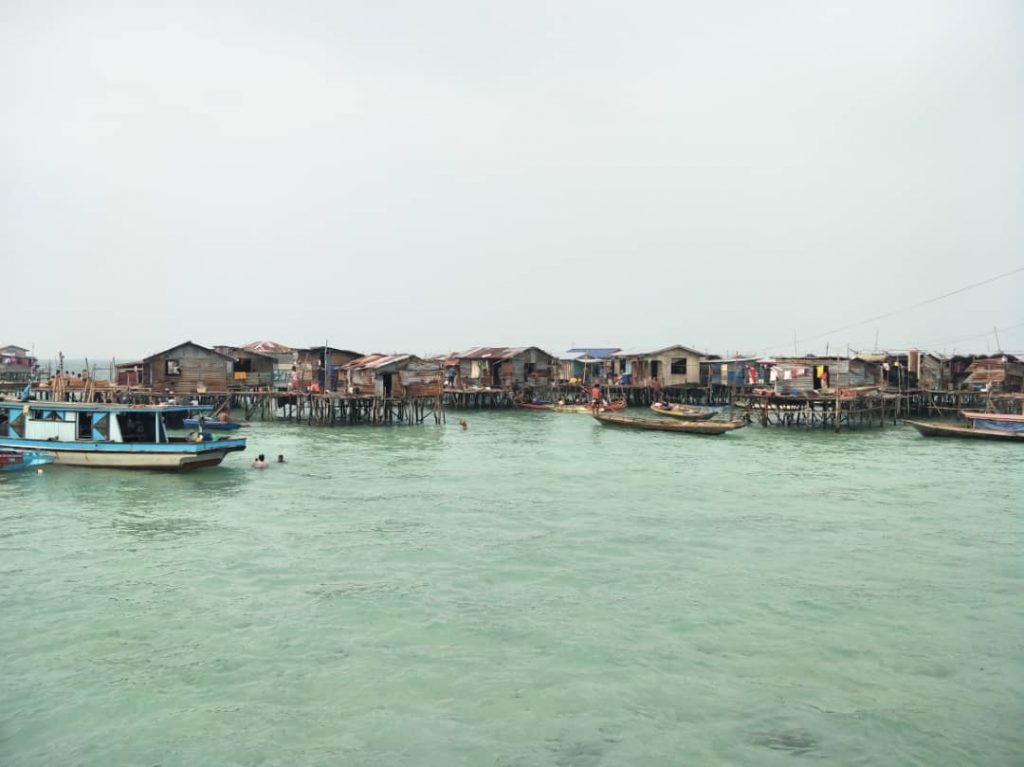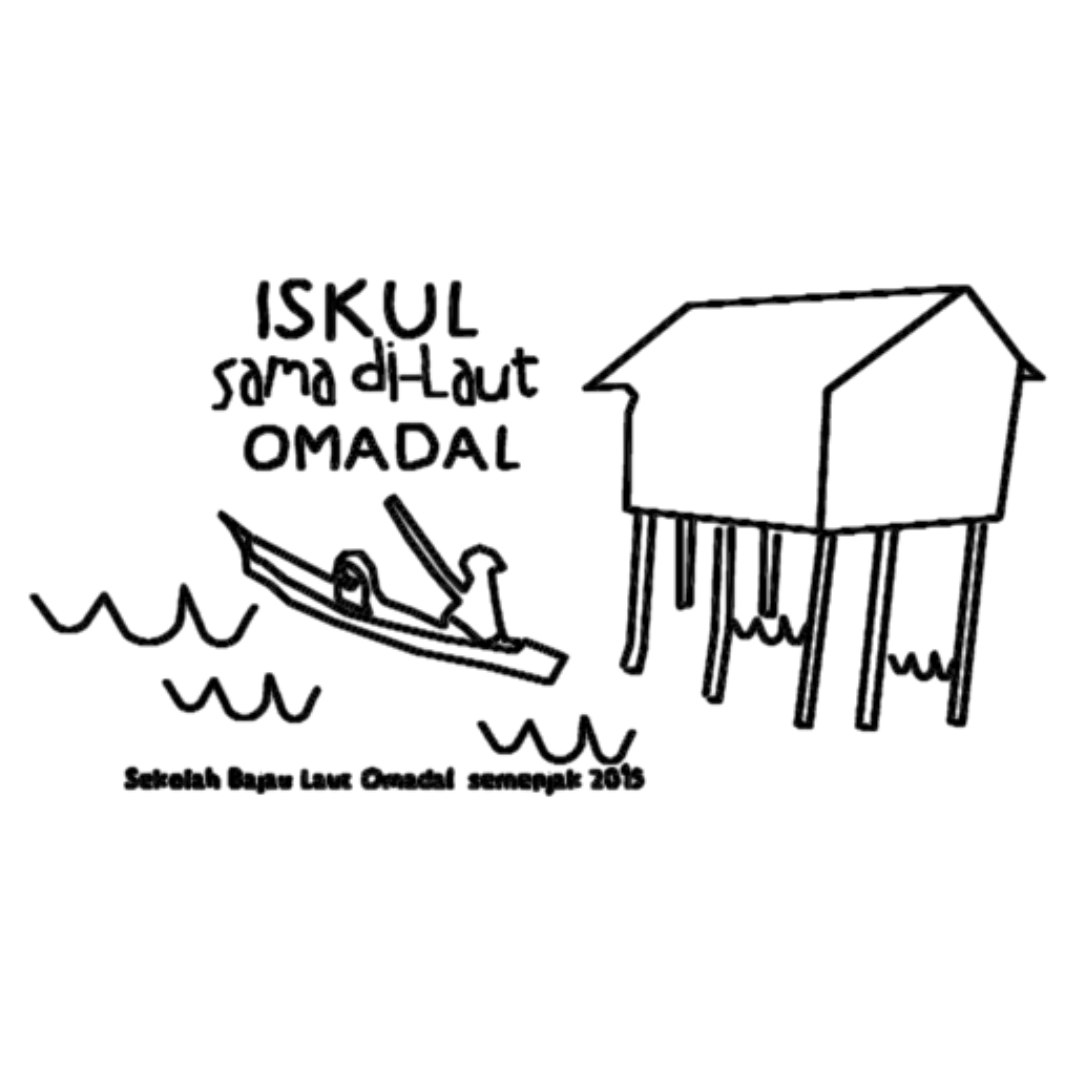“Home is where one starts from.”
T.S. Eliot

Since the formation of Iskul in August 2015, Iskul team has always wanted to visit homes of our students with the intention to meet their parents and other family members as well as to understand the condition of their living at home. It is important for us the team to meet the parents as we want to inform them that Iskul belongs not to any individuals exclusively but owned collectively by the Iskul community comprising of Iskul’s students and families. Additionally, being able to visit respective homes of the students enabled us to establish a rapport and for us to understand the condition under which our students return to after class. Such information allows us to build empathy and identify support that is essential to allow the children to attend classes to learn.
During the field visit in September 2019, Iskul prioritised the visit to each and every home of Iskul’s students with the help of our in-training Field Coordinator, Khairul and Mastal Arikik Sakinas and Delah. In total, we have visited 16 homes.
As the team visits from one home to another, we notice some distinct aspect of the Omadal stateless community which really puts the perspectives in place.
The condition of the homes of our students, in general, is loosely categorised as:
Living By, One Space for All: Stilt house made of rusty zinc rooftop including its four walls, and there is no distinct compartmentalisation of function spaces, i.e., kitchen, living space, bedroom etc. These houses only source of light is from the oil lamp and their source of drinking water is from the rain or the seawater surrounding them.
Managing, Distinct Spaces: Stilt house made of leftover woods for its four walls and there are the obvious separation of functional spaces such as the kitchen and the living space/bedroom, with or without wall partitions. These houses may have electricity powered from the generator or connected from neighbouring stilt houses that are ultimately connected to the houses of the residents on the island. Their source of drinking water collected from rain.
Stable, Comfortable Space: Stilt house made of plywoods for its walls and have several rooms compartmentalising functional spaces such as the kitchen, living room, bedroom, and toilet/shower room. These houses have electricity and collect rainwater in large tanks.
Besides the materials their houses were made of and access to electricity, we also observe that they prioritise procurement of certain furnishing that mark the improvement of their living standards. Two of the main items they will attain for the display of change are audio speakers and kitchen utensils. We think that this also informed us of their sense of community because the availability of these items showed that they are able to share and to host neighbours. During our annual visits, we found that several houses with speakers and electricity enjoy blasting music over their speakers and it is so loud we could hear from across! There is usually no particular reason for the festive. We are in the opinion that it is just their way of breaking the silence of the night or perhaps a boost of energy as they prepare for their weekly fishing trip out into the sea.
The ability to work independently also directly reflects their state of income. If the sole breadwinner of the family works for another fisherman, their means of income are usually the lowest with less than RM5 per day. Meanwhile, if the family has a boat and dry their catches of the day for sale in the town, they are most likely making more than RM50 per day, also depending on the catch per trip.
“Home can be a happy place with surety, knowledge and security; but it can also be a place where people develop confusion, doubt, and a low self-image.”
Christian Olsen
Indeed, we observed that children from the impoverished family are more reserved and shy when in class and often comes to class, dishevelled. However, over time, we noticed progressive changes when we help them be aware of the importance of keeping nails short and clean and combing their hair, tying up if wanted to. Their appearance becomes neater and they become more confident. We noticed that boys start learning to style their hair while girls learn to put on eye shadow and lipsticks as well as having fancy clips when they come to class. Although Iskul may be seen as a source of income for some, the changes we have seen in the students are comforting and it is what motivates us to focus on servicing our beneficiaries and their well-being.
Besides home visits, Iskul also conducted group interviews as one of our consistent method of assessing/evaluating the impact of lessons provided to our students in Iskul. Due to the new intake of students in May, most of our current students have only attended less than two (2) months’ classes, thus, many are still unable to recognise or identify A to Z and numbers. Nevertheless, many of them are able to recite A to Z in one go. During the group interviews, we observed that they are still shy when in contact with us – a stranger to them as they have only seen us probably the first time. When asked if they like coming to Iskul, they nod their heads in much eagerness and tinge of excitement. When asked for a reason, many of them simply just want to ‘belajar menulis….membaca’. And that is really what mattered.
Although Iskul is now educating a new batch of students, we are eager to reconnect with our students from the pioneer batch. They have all grown into fine lads and ladies. After losing our Field Coordinators in early of the year, they have not returned to Iskul, except two of them who are now teaching our new batch of students. We are informed that the reasons are that (i) there are no more (adult) teachers who could teach them, and (ii) because of that, they do not think they can learn more from Iskul. It is a crucial point we reflect on. Iskul has been practising the concept where peers teaching is the key – school-going Malaysian teens teach their friends from the stateless community. As we conclude the fourth year, we realised that this concept limits the learning potential for our students as most of them are the same age as our Master Arikik and our Master Arikik are also students who are performing less than average at school. Hence, we find their request for an adult (or qualified) teacher as reasonable and a request we prioritise for the year 2020.
A quick one-to-one evaluation with a few of our pioneer batch students revealed that they can still identify, read, and write A to Z, numbers from 1-100, and do simple calculations. We are also exceptionally glad that we are able to hold the session with them in Bahasa Malaysia! While these are great news, it also justifies that we need to open classes for these advanced students to learn more and create other activities for them to stay connected with Iskul such as creative classes and alternative livelihood plans. Iskul wants to continue to inform and make aware that Iskul is established for the community and one day, we hope that it will be maintained by the community, therefore, we will continue to review our progress and be conscious of our effort to empower them.
